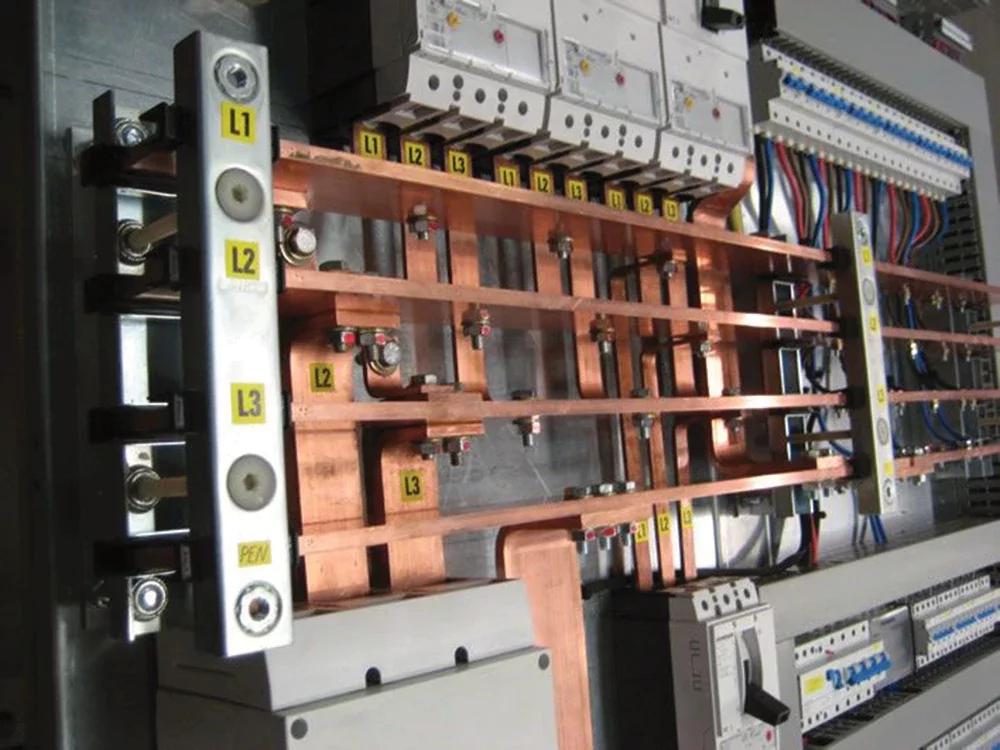In the realm of electrical power distribution, busbars are essential components that facilitate the efficient transmission and distribution of electrical energy. Among the various types of busbars available, flexible busbars and hard copper busbars are particularly noteworthy due to their distinct characteristics and applications.
This article explores the differences between these two types of busbars, highlighting their unique advantages and typical use cases.




